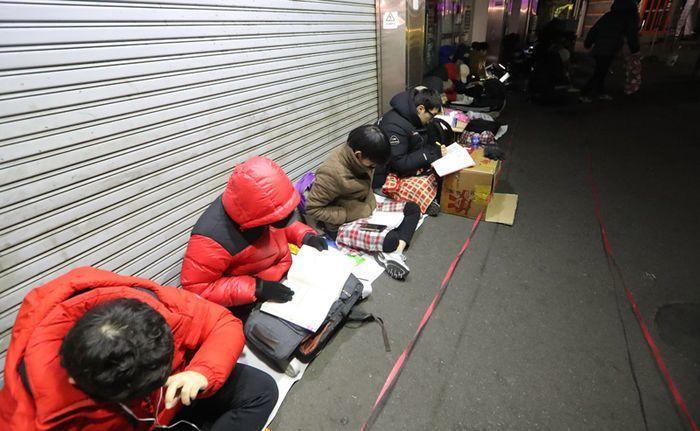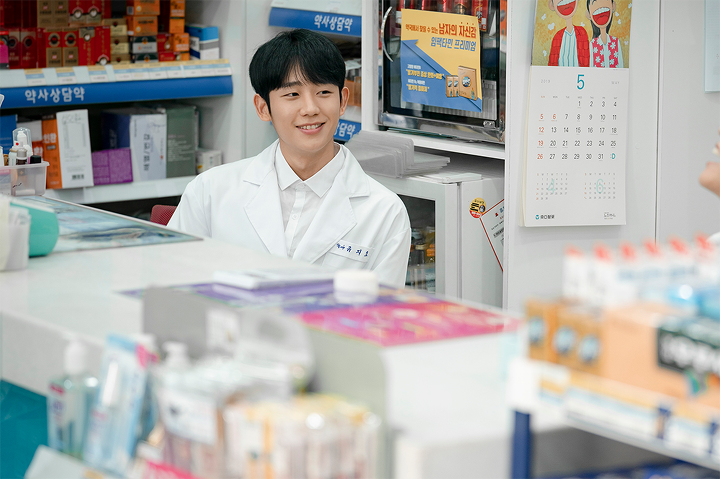The hottest K-drama of 2019 was Sky Castle.
Sky Castle gained support and popularity mainly from its realistic depiction of South Korean Parents' passion for the education of their children. The characters from the drama all want their children to get accepted to medical schools at prestigious universities. If they get into Seoul National University's medical school, their lives are guaranteed smooth sailing from thereon. It gives them financial stability as well as admiration from the society.
What do South Korean parents want their children to become in order to achieve a comfortable, stable life?
Job Korea conducted a survey and the result is as below:
| Dream Jobs For Children | Percentage |
| 1. Government Official | 24.8% |
| 2. Doctor/Pharmacist | 15.2% |
| 3. Teacher | 7.6% |
| 4. Lawyer/Judge | 5.7% |
| 5. Chef | 4.8% |
| 6. Employee at a Korean Conglomerate | 4.8% |
Government official seems to have secured a position at number one as it guarantees a stable job with a good work-life balance and great pensions after retirement. Government officials don't have to worry about getting laid off or moving companies. It's also considered an easier route than becoming a doctor, pharmacist, teacher, lawyer and judge. South Korean parents seem to believe that in a current unstable economy, working for the government is the safest option.

Gongsisaengs (students preparing for civil service examination) are spotted studying outside of their academy early morning in a -11℃ weather. They are lining up outside to secure a good spot at the academy.(Source: Insight)
Doctor/Pharmacist at number two is also an ideal profession for students who excel academically. Medical schools are long and stressful, but financial stability is guaranteed upon graduation. Admiration from the society is also a plus in Korean culture.

The biggest reason for selecting such professions was 'these jobs seem the least stressful (32.2%).' This shows how working professionals in Korea are exposed to stress from financial and societal aspects. The following reasons were 'no set retirement age(14.6%)' and 'good work environment and benefits(14.1%).'
It's understandable that a parent would want their child to pursue a less stressful career with stability. However, how much will the pursuit of stability and money contribute to developing Korean society long-term?
What's going to happen if all who academically excel chase after becoming a government official, doctor, pharmacist, teacher? If there's no valuable labour force left in other industries, no innovation in these areas will be achieved.




